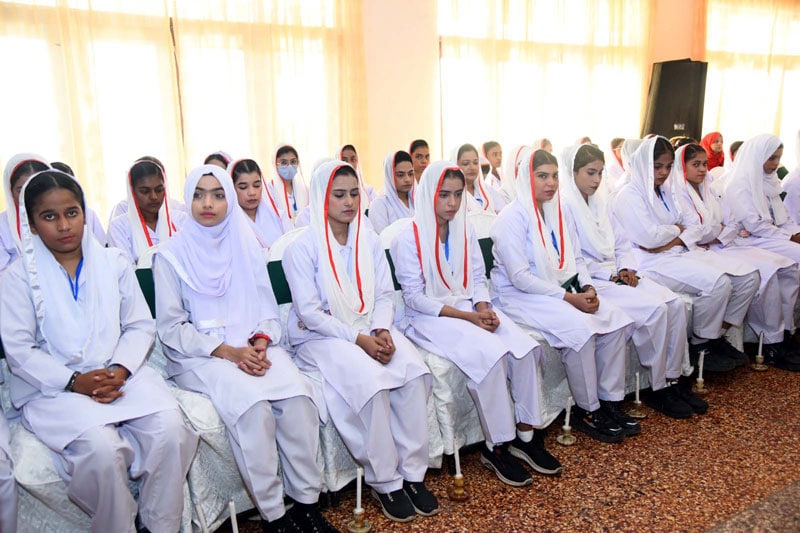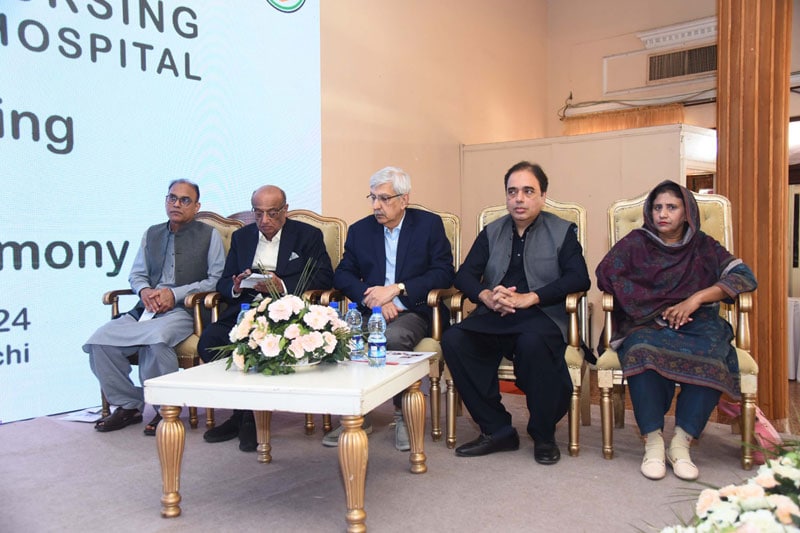At the 17th lamp lighting and oath-taking ceremony of the Kharadar General Hospital School of Nursing, healthcare leaders and philanthropists highlighted the critical role of nursing in Pakistan’s health system. Addressing the event, Vice Chancellor of Dow University of Health Sciences, Prof. Saeed Ahmed Quraishy, emphasized that the nation’s future hinges on equipping the youth with professional education.
He stated, “The country needs millions of nurses. Improving the health system significantly is only possible through the development of the nursing sector.” He lauded the institution for its high standards in education, teaching, and research, which have consistently produced skilled nursing professionals. Renowned industrialist and philanthropist Muhammad Bashir Jan Muhammad underscored the importance of investing in education and healthcare to uplift the underprivileged.
“This country has given us so much,” he said, urging the capitalist class to embrace the spirit of humanitarian service. He stressed that enhancing nursing infrastructure is vital to achieving the nation’s health goals, as it is one of the most impactful ways to address societal needs.
Prof. Quraishy further described nurses as the “heart of the health system,” stressing the importance of adopting international standards and promoting research in nursing. He noted that Pakistan requires at least one million nurses to meet its healthcare demands effectively.
Dr. Khalid Iqbal, Chief Executive Officer of Kharadar General Hospital, highlighted the ianstitution’s contribution over the past 19 years, with more than 1,100 graduates serving in Pakistan and abroad.

He noted that 80% of the female graduates are contributing economically to their families while excelling in their professional roles. Sindh’s Director of Nursing, Najma Mangi, praised the Kharadar General Hospital School of Nursing for advancing nursing education and research, calling it essential to solving the country’s medical challenges.
Talat Parveen Shah, Director of MBJ School of Nursing, reflected on the sector’s progress over the past two decades, attributing advancements to a focus on practical nursing, community research, and ethics.
Principal Muhammad Shahid emphasized the importance of developing nursing leadership through curricular and extracurricular initiatives. During the ceremony, top-performing students were awarded laptops, while faculty members received shields for exceptional performance and long-service awards for their dedication.









